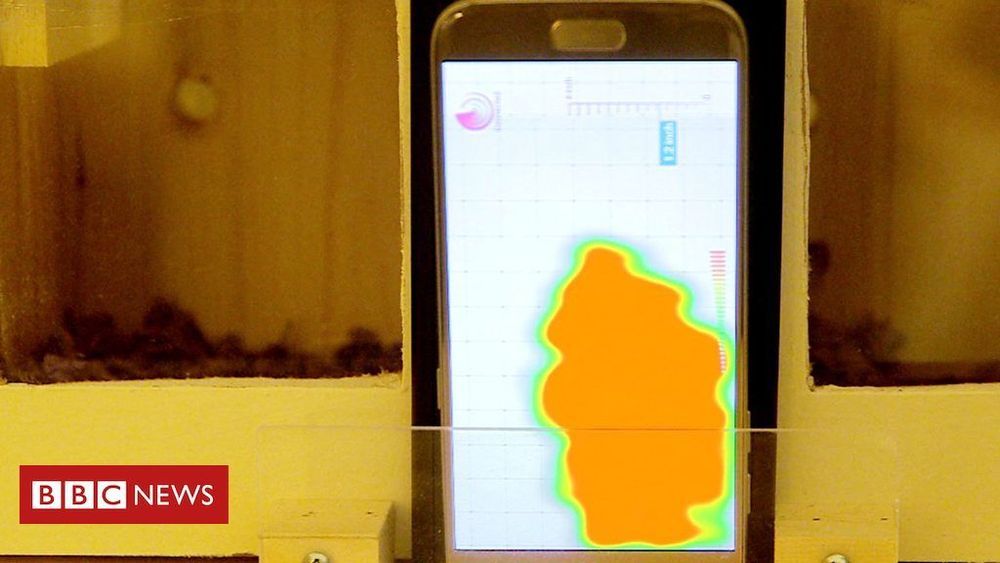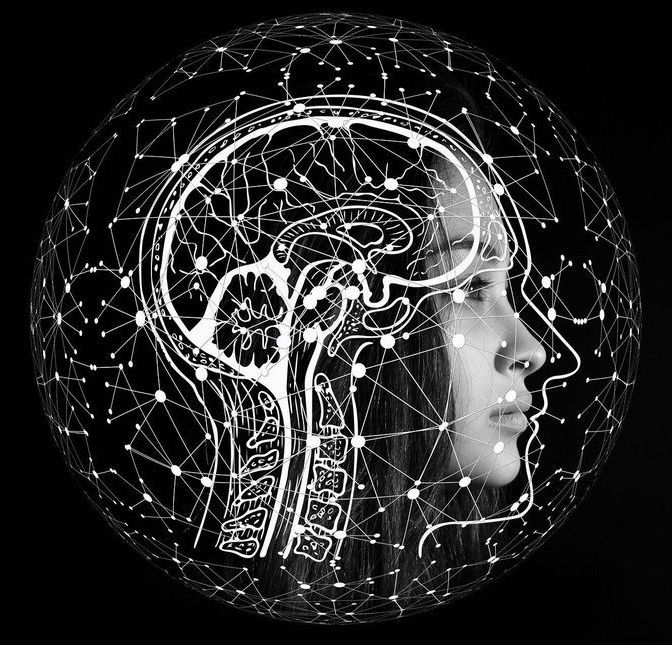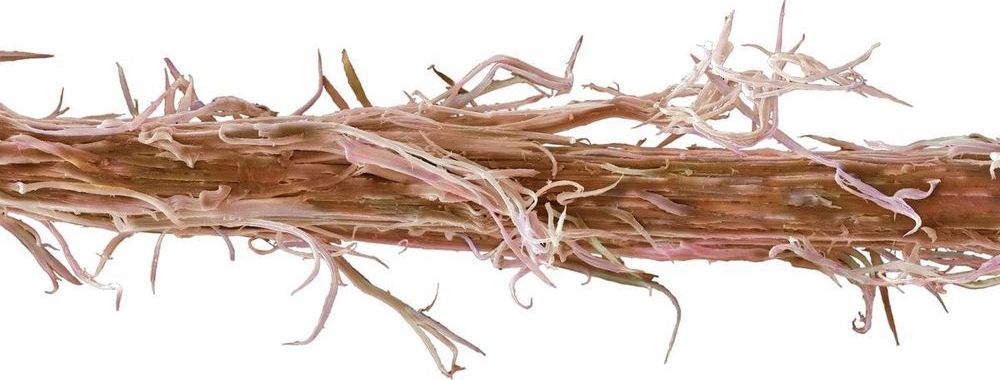Tesla provided the first clues that radar could be trained to do more than just detect objects straight ahead. After the death of Joshua Brown on a Florida highway in 2016, Tesla tore up the Autopilot software created by MobilEye and pivoted from a camera-based to a radar-based system. In the process, it learned how to bounce radar signals under the car directly ahead to “see” what the next car in line was doing. That way, if a truck or SUV is blocking the view of the road ahead, a Tesla with the updated system could still detect if a car further up the road slowed or braked unexpectedly and take appropriate action.
Get the latest international news and world events from around the world.

Hyundai introduces a car that can climb walls
Hyundai unveiled the first look of a vehicle with robotic legs that will let it walk or crawl over treacherous terrain.
Hyundai Elevate can roll along on extended legs or retract them to be driven like a car. Extended legs could also be used to climb or crawl while keeping the passenger compartment level.
Watch the video to know more.
Solar Annular Eclipse | Captured by Chris Cassidy on June 21, 2020
Astronaut Chris Cassidy captured a solar eclipse in 4K from the space station as it passed approximately 260 miles over China on June 21, 2020.

Researchers uncover effects of negative stereotype exposure on the brain
The recent killings of unarmed individuals such as George Floyd, Breonna Taylor, Ahmaud Arbery and Tony McDade have sparked a national conversation about the treatment of Black people—and other minorities—in the United States.
“What we’re seeing today is a close examination of the hardships and indignities that people have faced for a very long time because of their race and ethnicity,” said Kyle Ratner, an assistant professor of psychological and brain sciences at UC Santa Barbara. As a social psychologist, he is interested in how social and biological processes give rise to intergroup bias and feelings of stigmatization.
According to Ratner, “It is clear that people who belong to historically marginalized groups in the United States contend with burdensome stressors on top of the everyday stressors that members of non-disadvantaged groups experience. For instance, there is the trauma of overt racism, stigmatizing portrayals in the media and popular culture, and systemic discrimination that leads to disadvantages in many domains of life, from employment and education to healthcare and housing to the legal system.”

Could you become a ‘natural’ blonde
The Kingsley team pored over genetic data repositories, searching for places in the genetic code near the KITLG gene that tell the gene what to do. They found a location in the DNA where proteins known as transcription factors bind to the sequence and carry out the instructions specified in the code.
They discovered that if the nucleotide guanine holds that spot, the transcription factor cannot bind as tightly to the DNA as when another nucleotide (adenine) is in the same position. This simple alteration – replacing A with G in the DNA sequence – reduces the expression of the gene and, ultimately, changes the colour of the hair.
Guenther’s blue-flecked mice prove that the Kingsley group found the spot on the genome that informs hair follicles how much melanin to incorporate into hair.

Pilot Study Results Suggest Epigenetic Age Reversal
3 things:
1. The company claims that it has been successful in reducing the epigenetic age of participants(17 people) by an average of 8.5 years with its dietary supplement Rejuvant.
2. Obviously, this has yet to be proven conclusively in human trials, and the company is busy preparing to launch a larger-scale trial later this year to that end.
3. I want to know if it reset telomeres.
Today, we want to highlight a press release from Ponce de Leon Health that talks about the results of a pilot consumer trial that the company has recently concluded. The company claims that it has been successful in reducing the epigenetic age of participants by an average of 8.5 years with its dietary supplement Rejuvant.
Ponce de Leon Health initially worked with Dr. Brian Kennedy, who was, at the time, based at the Buck Institute for Research on Aging, searching for compounds that were generally recognized as safe (GRAS) but that had the potential to influence aging in mammals. The company screened over 300 GRAS compounds and identified compounds that could modulate a number of pathways that are linked to aging. These compounds affected the mTOR pathway, blocked the proinflammatory secretions made by senescent cells, affected genomic stability pathways, aided in ammonia detoxification, and supported protein homeostasis.
1st Intergrated flight test of the Orion spacecraft and the Space Launch System(SLS) rocket launching
(from rollout to recovery) for deep space exploration.

New Zealand’s ancient monster penguins had northern hemisphere doppelgangers
New Zealand’s monster penguins, which lived 62 million years ago, had doppelgangers in Japan, the U.S. and Canada, a study published today in the Journal of Zoological Systematics and Evolutionary Research has found.
Scientists have identified striking similarities between the penguins’ fossilized bones and those of a group of much younger Northern Hemisphere birds, the plotopterids.
These similarities suggest plotopterids and ancient penguins looked very similar and might help scientists understand how birds started using their wings to swim instead of fly.
